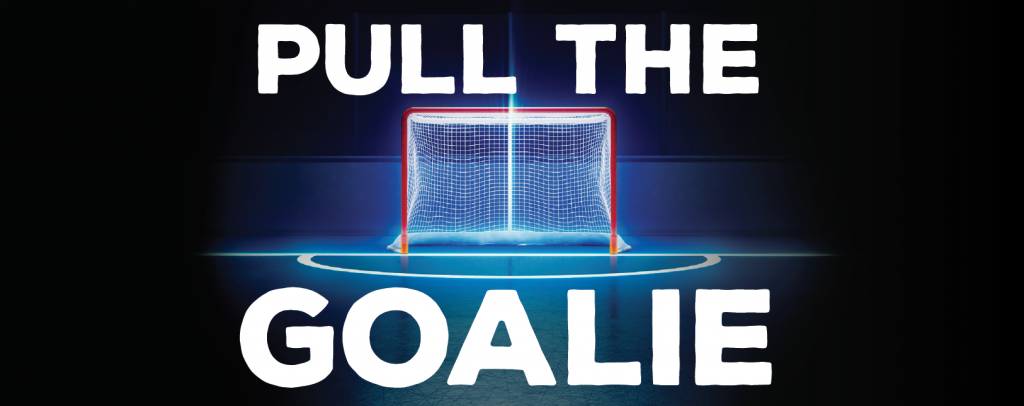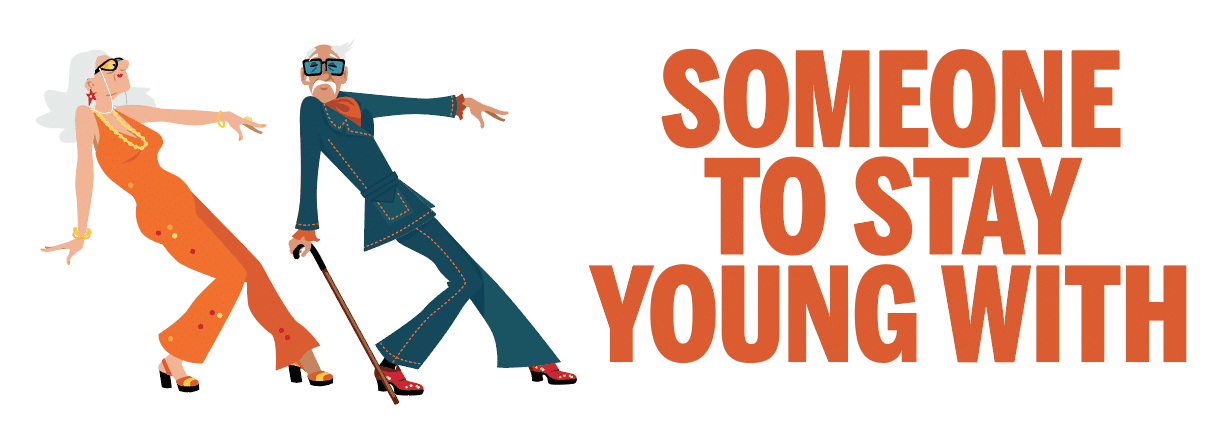It’s a cold and rainy night in Atlanta. Terri is home alone with her kids when she hears a knock on the door. She answers it to find a good looking, well-dressed man who says he just had a car accident and would like to use her phone to call a tow truck because his cell phone is dead. She is reluctant at first, but he is well mannered and has a convincingly innocent nature, so she lets him in. While he is in the kitchen calling for a tow truck, Terri walks away momentarily to check on her baby in the bedroom down the hall. When she returns, she is alarmed to discover that the man is not in the kitchen anymore. Then she hears it – the man’s voice coming from her two older daughters’ upstairs bedroom. She panics and quickly scans the room for her cell phone to call the police, but it’s gone. Then she tries the land line, but is horrified when she sees the cord has been cut. Frantic and fearful of the worst…what should she do? Run upstairs to protect her children, or run to the neighbors’ house for help? What would you do? Put yourself in her shoes and quickly decide your best move to increase the chance of survival for your kids. Unfortunately, Terri runs upstairs. Statistically, she should’ve run to the neighbors. * * * This story is a loose interpretation from a home invasion thriller movie called One Good Deed from 2014. Renowned author and thought leader, Malcolm Gladwell, uses this story to illustrate what he calls the most important rule of living – knowing when to “pull the goalie.” If you know hockey, you know this concept. If a losing team is down by a goal, the coach will pull the goalie at some point in the last 90 seconds of the game to add one more “attacker” on the ice. Typically there are three forwards, two defenders, and one goalie on each side. When the coach pulls the goalie, he is able to put another forward on the ice, and hopefully this mismatch results in a quick goal to tie the game. But it obviously comes with the risk of leaving his team’s goal undefended. Most coaches pull their goalie with 60 to 90 seconds left in the game. Based on statistics, Gladwell says a coach should pull his goalie with five minutes and forty seconds left if the team is down by one goal, and with eleven minutes and forty seconds left if the team is down by two. While a few NHL coaches have followed this rule on occasion, most do not dare. Why not? The answer is – fear of being disagreeable. Coaches fear they will be a laughing stock if they pull the goalie too early and concede to an even worse loss. They fear it will be disagreeable to the team owner, the fans, and even the players. Gladwell says, “It’s easy to pull the goalie at 60 seconds…much harder at five minutes.” The same applies to Terri’s terrifyingly tough decision. Running to the neighbors house for help is “socially disagreeable” because it could be perceived that she is abandoning her kids. Ironically, statistics prove that her best chance of saving her kids and herself is to do just that. Think about times in your life when you were faced with tough decisions. Were your choices largely emotional, mathematical, or a blend of both? The answer is…likely more emotional. For centuries psychologists have been fascinated with this subject. It’s the “logical mind versus the emotional heart” debate. Thinking versus feeling. Logic versus emotion. The “divided brain” conundrum. Today, most psychologists agree that emotion drives 80% of the decisions we make. That’s why so often we look back on our mistakes and say to ourselves, “Gosh, I should’ve known better.” Should starting a business be an emotional decision? No. But for most people it is. They’re good at it and they love doing it but they don’t properly assess their chances of succeeding at it. Should choosing a major in college be an emotional decision? No. But for most people it is. They love the subject, but they don’t properly assess the probability of making a good living from that knowledge. People tend to focus on the pursuit of passion over the probability of success. There are many important decisions in life that would be made better if done with a “mathematical mind.” So next time you face a critical decision, think about Terri. Do you act emotionally? Or do you act on probability? Will you have the courage to pull the goalie? Are you willing to take the heat if you’re wrong?












